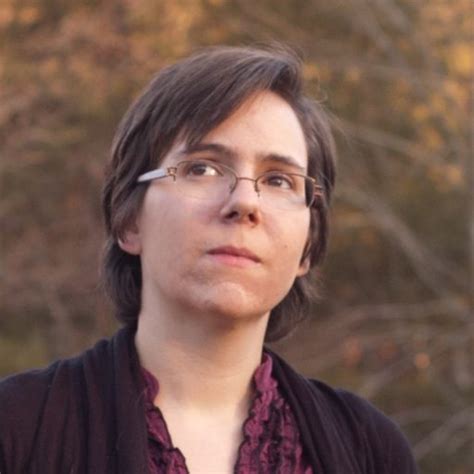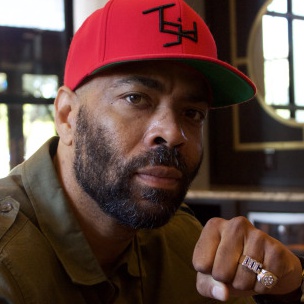A Quote by Eric McCormack
You can write your own history.
Quote Topics
Related Quotes
Let's say that history is what happened. The record of what happened is how each individual happens to see those events. They've already been ?ltered. When the historian or biographer takes over, history is no longer exactly what happened, because there has been a process of selection going on; it's impossible to write about anyone, any event, in any period of time, without in some way imposing, even unconsciously, your own standards, your own values.
Write like you write, like you can't help but write, and your voice will become yours and yours alone. It'll take time but it'll happen as long as you let it. Own your voice, for your voice is your own. Once you know where your voice lives, you no longer have to worry so much about being derivative.
You have to surrender to your mediocrity, and just write. Because it's hard, really hard, to write even a crappy book. But it's better to write a book that kind of sucks rather than no book at all, as you wait around to magically become Faulkner. No one is going to write your book for you and you can't write anybody's book but your own.
And if you're going to criticize me for not finishing the whole thing and tying it up in a bow for you, why, do us both a favor and write your own damn book, only have the decency to call it a romance instead of a history, because history's got no bows on it, only frayed ends of ribbons and knots that can't be untied. It ain't a pretty package, but then it's not your birthday that I know of so I'm under no obligation to give you a gift.
Make your own worlds. Make your own laws. Make your own creations, your own star systems. Don't feel answerable to anyone, or as though you have to create after some preordained model. You don't have to write like myself, or King or Anne Rice: be yourself. Nothing is more wonderful than discovering a new voice, particularly if it happens to be your own.




































